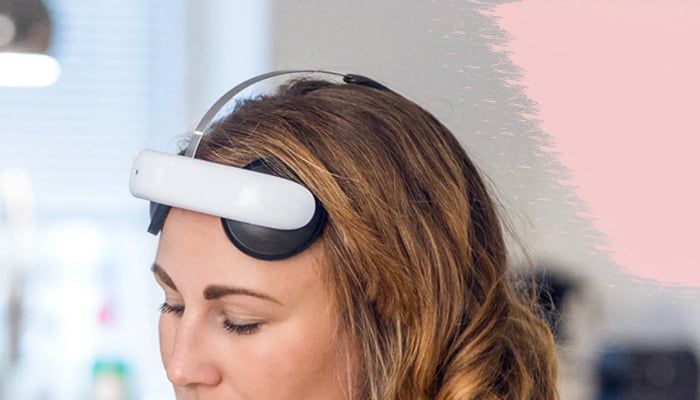
Scientists in breakthrough research discovered that home-based stimulation is effective as well as safe for the treatment of depression.
According to News Medical, research done at UTHealth Houston; the Institute of Psychiatry, Psychology & Neuroscience at King's College London; and the University of East London showed promising results in the treatment of depression through Transcranial direct current stimulation (tDCS).
tDCS is a form of noninvasive brain stimulation that uses gentle electric current of 0.5-2 milliampere which is applied to the scalp through two electrodes. tDCS is used in the treatment of psychosis and eating disorders.
Co-author and lead investigator for the U.S. site Rodrigo Machado-Vieira said, “The results from this study, which tested home-based tDCS, may represent an important advance in the mood disorders field for improving feasibility and therapeutic response with this new neuromodulation modality.”
He further added, “These latest results confirm a positive profile for safety and efficacy similar to early studies with patients with depression and bipolar disorder, and the home-based therapy may facilitate access of this treatment to a larger number of patients."
The study included 174 patients who were randomly divided into two groups. The two groups received one of the treatment arms, either active tDCS or the placebo arm.
After seven weeks of three 30-minute sessions per week, it was found that treatment response and improvement of the active treatment arm group was three percent higher than the placebo arm. The remission rate of the active arm group was 44.9% compared to 21.8% for the control group.
Moreover, the first author of the study, Rachel Woodham explained, “There is no such thing as the perfect medical intervention. Medication can have unintended side effects, while therapy is both time- and resource-intensive. Our hope is that tDCS can provide a viable third alternative for people with moderate to severe depression to help them better manage their symptoms.”
The researchers believe that the result of the study showed the promise that an innovative treatment modality may become available for depression patients in the near future.
















